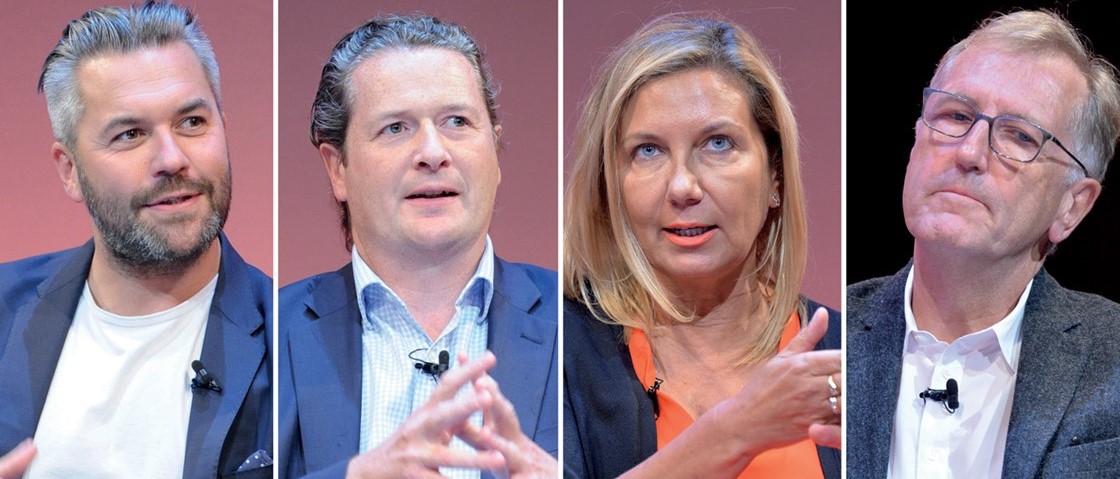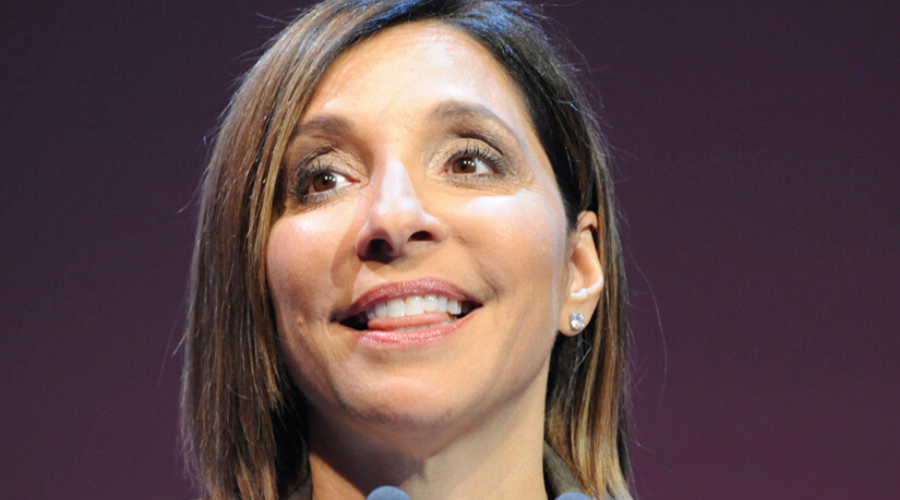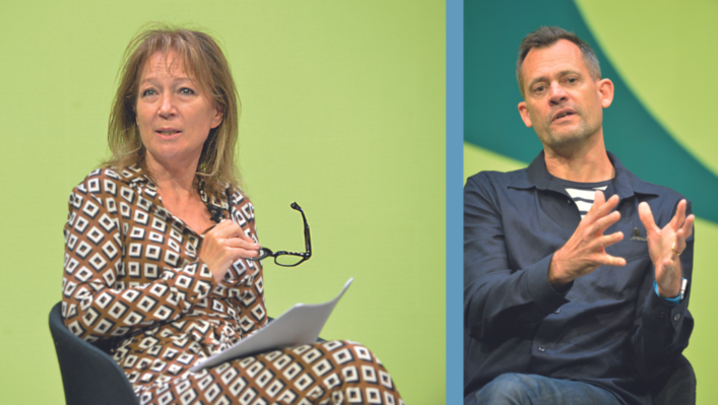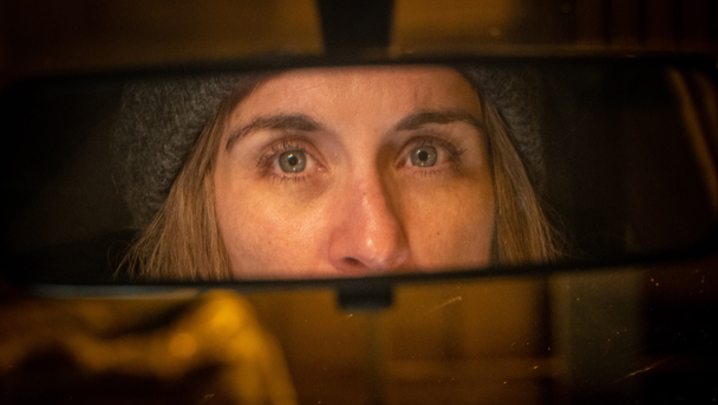The television industry has reached another inflection point – people have an infinite amount of choices, which means media companies and marketers are clamouring to find and to build scale,” said Linda Yaccarino, Chair of advertising and partnerships at NBCUniversal.
“That scale allows marketers to reach more people and grow their businesses.
“The need for scale is why we’ve seen so much consolidation across the media industry, including Sky joining Comcast NBCUniversal – and today you can’t achieve new scale without going global.…
“At Comcast NBCUniversal… we put… people at the centre of our strategy; we build scale… towards a shared vision. [This] means doing every part of your business the right way.
“Most of the time, it’s pretty obvious: use data safely; act with integrity; activate your moral compass; have the common sense and the courage to choose what’s right, rather than what’s easy or fast.…
“Our entire business always has been and always will be centred on consumers, audiences and viewers; in a word, people. It’s our responsibility to adapt and evolve, to give consumers the best possible experience. And when we engage and serve those consumers better, we also create better opportunities for our brands and our advertisers…
“Data is just a tool to make better decisions.… Just like an algorithm will never replace creativity, it should never replace our responsibility to people. In other words, data won’t kill advertising, bad decisions will.
“Data can tell you what to do; it can’t tell you how to do it. It’s up to us to choose the right path forward and put consumers first.…
“I’ve had a front-row seat for two of the biggest mergers in media history – AOL [and] Time Warner [in 2001] and Comcast [and] NBCUniversal [in 2011].
“As we know, one of them went much better than the other.… Back in 2001, competing divisions and cultural differences disabled the two companies from reaching their full potential. This partnership – Comcast NBCUniversal and Sky [2018] – has already been successful.…
“Together, we’re building a new global news service to serve a global audience, and we’re leveraging Sky’s experience to help us build NBC’s new streaming platform, Peacock, to ensure we give consumers the best possible experience. We’re developing a new global advertising business, inviting brands in because marketers need global options that they know are strongest when they bring premium content together with people.”
Session Twelve, ‘Mad Men vs Math Men – will data kill advertising?’, featured a keynote speech from Linda Yaccarino, Chair of advertising and partnerships, NBCUniversal. The session also featured: Philippa Brown, CEO, PHD; Rupert Ellwood, partner and head of marketing communications, Waitrose; and Nils Leonard, creative founder, Uncommon Creative Studios. It was chaired by John Gapper, chief business columnist and associate editor at the Financial Times, and produced by Sue Walton. Report by Matthew Bell.
Long-term brand building depends on TV

(Credit: RTS/ Richard Kendal)
Financial Times business columnist John Gapper introduced this session on the battle between data analytics and creativity in advertising with a question: ‘Commentators such as me often sound the death knell for the entire industry, but is it smarter and more resilient than we think?’
Nils Leonard from creative agency Uncommon admitted that the advertising industry had been guilty of force-feeding people ‘unbelievable amounts of shit’. He added: ‘And I think the danger is that we’re replicating that behaviour digitally – nothing’s changed.’
Waitrose’s marketing chief, Rupert Ellwood, argued that the word ‘digital’ was a misnomer: ‘Everyone talks about ‘digital’ as something separate from ‘marketing’ but, for me, it is just marketing. It’s an opportunity to connect with customers.’
The supermarket gathers data from the 7 million customers in its loyalty programme and ‘we work with third parties [to] target those customers in an appropriate way. But it’s done in service of them, in terms of helping them; it’s not about a hard sell,’ he said.
Ellwood added: ‘We don’t fall into the trap of annoying customers or overloading them with information that they don’t want.’
The supermarket uses social media ‘influencers’, although Ellwood preferred the term ‘friends of Waitrose’. He continued: ‘They’re people who know us and love us; they just happen to have a lot of followers on Instagram.’
‘Briefs from clients are [now] much more short-term in their nature,’ said Philippa Brown, Chief Executive of planning and media buying agency PHD, rather than being about ‘long-term brand-building, which, of course, TV is the number one at doing’.
She added: ‘I wonder… [with] the pressure on people’s businesses… that they don’t want to hear [the advice], ‘It might take a year, two years, to start shifting some of those behavioural metrics that will then build [your] brand and lead to sales. I think, nowadays, marketers are opting for easy answers.… I guess it’s our role as media and creative agencies to challenge that thinking.’
Linda Yaccarino, Chair of advertising and partnerships at NBCUniversal, revealed that her company ‘broke the billion-dollar mark this year in digitally native advertisers’.
"TV is the most trusted medium in my view"
She talked about the power TV still has to promote brands. ‘There’s a lot of talk today about using social media influencers… but the celebrities that are on television are actually mega-influencers,’ said Yaccarino.
NBCUniversal works with US late-night host Jimmy Fallon, who, she said, had ‘significant global appeal, with 20 million YouTube subscribers to his channel.… We entered into an agreement with him and T-Mobile, in the US one of the biggest wireless companies, to launch a massive campaign.
‘[This does] all the things the YouTube influencers do, but it uses the massive scale that Jimmy Fallon and The Tonight Show have to push their products forward.’
‘What does a good ad do for a company?’ asked Gapper. For Uncommon’s Leonard, the answer was that ‘the best work [takes] a really ambitious client… to people in a way that’s new, surprising, emotional, powerful and funny’.
Waitrose’s Ellwood argued that TV advertising reigns supreme at building brands ‘over a long period of time’. He added: ‘It is hard to justify the spend, and I spend a lot of time internally educating people… but it is absolutely tried and tested – if you want to build a brand in the long term… you have to advertise on high-profile channels such as TV.’
PHD’s Brown, who is also Chair of the Advertising Association, revealed that one of the key challenges in the industry was consumers’ ‘diminishing trust in advertising’. Specifically, people felt ‘bombarded’ by online advertising and anxious about the personal data the platforms held on them.
But, she continued, ‘Trust is a real selling point for television – it is the most trusted medium in my view.’







